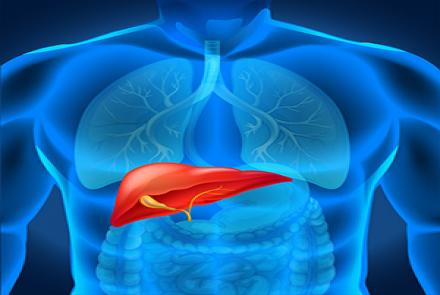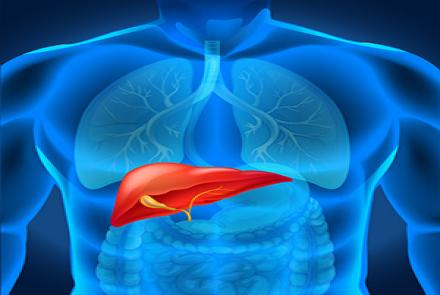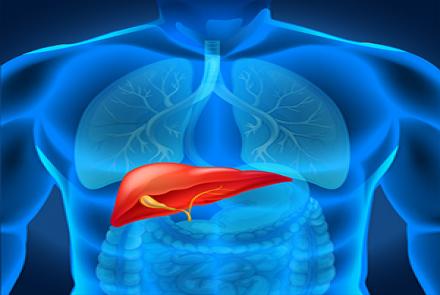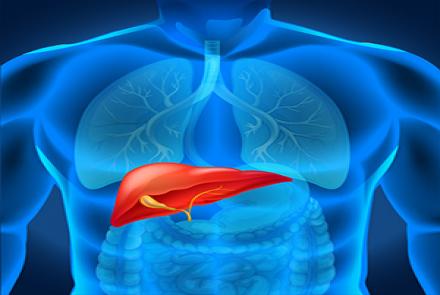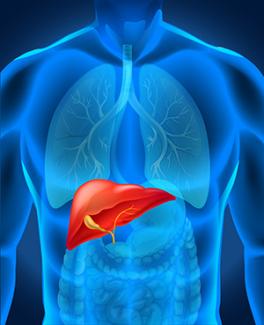
Lifestyle Recommendations:
Living with Chronic hepatitis may not affect daily activities but a high-calorie diet is recommended. Many people develop nausea and may not be able to take food later in the day, so the bulk of intake is concentrated in the earlier hours of the day. In the acute phase of the disease, intravenous feeding may be needed if patients cannot tolerate food and have poor oral intake subsequent to nausea and vomiting.
Avoid taking drugs that are metabolized by the liver. Glucocorticoids must be avoided as a treatment option for acute viral hepatitis and may even cause harm, such as development of chronic hepatitis.
Universal precautions should be observed, but isolation is not strictly necessary. Isolation may be needed in cases of fecal incontinence in hepatitis A and E and uncontrolled bleeding in hepatitis B and C.
Your support team: Whom to consult?
Your health care team may include:
- Gastroenterologist - to care for the digestive system
- Nutritionist - to maintain healthy diet
- Psychologists – for emotional support


